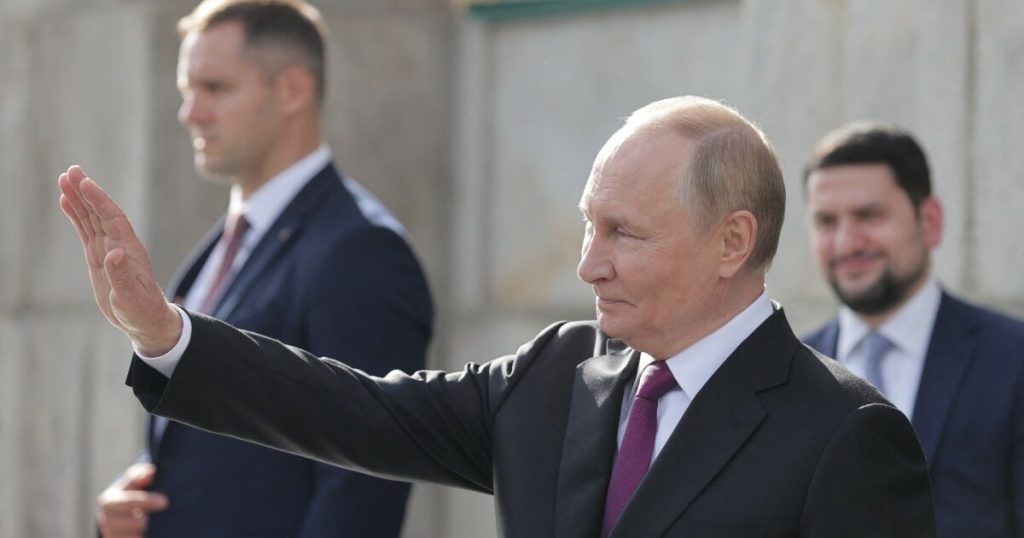The recent summoning of an Italian diplomat by the Russian Foreign Ministry underscores the escalating tensions and deteriorating relationship between Moscow and Rome. This latest diplomatic spat stems from accusations of an “anti-Russian campaign” in Italian media, further exacerbating the already strained ties between the two nations, primarily due to Russia’s ongoing military offensive in Ukraine. This incident marks another low point in the bilateral relationship, which has been steadily declining since the outset of the conflict.
The summoning of the Italian charge d’affaires follows the cancellation of a concert by renowned conductor Valery Gergiev, a staunch supporter of Russian President Vladimir Putin. Moscow attributes the cancellation to the alleged anti-Russian sentiment propagated by Italian media outlets, although specific examples of this campaign were not provided. The planned performance, scheduled to take place in a historic palace near Naples, sparked considerable controversy and public debate within Italy, ultimately leading to its cancellation amidst protests from both Italian politicians and members of the Russian opposition in exile.
The cancellation of Gergiev’s concert is emblematic of the broader cultural and political fallout resulting from the Ukrainian conflict. Gergiev’s vocal support for Putin and his alignment with the Kremlin’s policies have made him a controversial figure, particularly in countries that have condemned Russia’s actions in Ukraine. The incident highlights the delicate balance between artistic expression and political considerations, as well as the potential for cultural events to become entangled in international disputes.
This diplomatic incident is not an isolated event but rather the latest in a series of escalating actions between Russia and Italy. Just weeks prior, Italy summoned the Russian ambassador following Moscow’s inclusion of Italian President Sergio Mattarella on a list of Western officials critical of the Kremlin. Russia accused Mattarella of employing “the language of hatred” against the country, a charge that further inflamed tensions between the two nations. The list, which also includes other European leaders like German Chancellor Friedrich Merz, reflects a growing divide between Russia and many Western nations, with the Ukrainian conflict serving as the primary catalyst for this widening rift.
Italy’s firm stance in support of Ukraine, including its acceptance of thousands of Ukrainian refugees, has placed it in direct opposition to Russia’s actions. This support, coupled with Italy’s participation in international sanctions against Russia, has further strained the relationship between the two countries. The ongoing diplomatic exchanges and retaliatory actions highlight the deep-seated disagreements and the lack of trust between Moscow and Rome, making any prospect of reconciliation in the near future appear increasingly remote.
The escalating tensions between Russia and Italy are indicative of the broader geopolitical realignment taking place in Europe and beyond. The Ukrainian conflict has exposed deep fissures in international relations, forcing countries to choose sides and re-evaluate their alliances. The diplomatic skirmishes between Russia and Italy represent a microcosm of this larger dynamic, highlighting the complex interplay of political, cultural, and ideological factors shaping the current global landscape. As the conflict in Ukraine persists, the relationship between Russia and Italy, along with many other Western nations, is likely to remain strained, with further diplomatic incidents and retaliatory measures potentially on the horizon.


